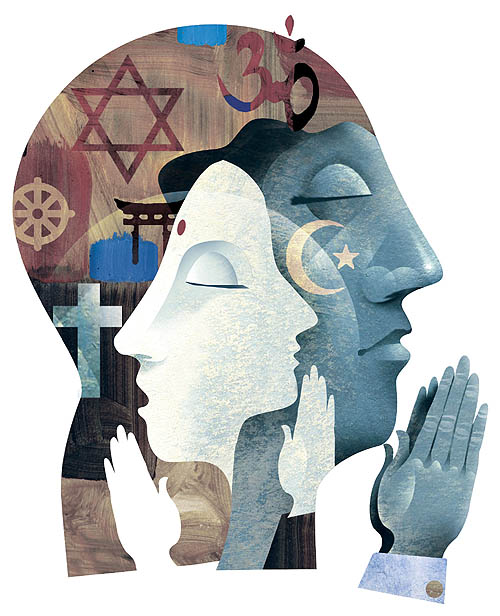Hector Avalos, one of the most popular writers and speakers in the United States, presented the final session of four in the religion and violence series cosponsored by the Korbel School’s Center for Middle East Studies and the Iliff School of Theology.
Edward Antonio, the associate dean of diversities of the Iliff School of Theology and Richard Hess from Denver Seminary accompanied Avalos in the discussion on the connection between religion and violence.
At 9, Avalos rose to prominence as a Pentecostal preacher and child evangelist. As a famous opponent of neocreationism and intelligent design, he is often linked with Richard Dawkins, the late Chris Hitchens and Sam Harris as one of the leading atheists writers today.
His presentation is based on his book titled, “Fighting Words: The Origins of Religious Violence.” Avalos used scarce resource theory to examine sacred space, inscripturation, group privilege and salvation to make his case that religion causes violence. In each of these cases, designated individuals or a group are given privilege to different things, denying outsiders to them and causing scarcity. In his lecture he provides examples of his arguments by examining the texts of Judaism, Christianity and Islam.
Followed by Avalos, Edward Antonio, a theologian, and Richard Hess, an angelic Christian, provided arguments and questions that challenged Avalos’s theory of scarcity.
Arthur Gilbert, Associate Professor of the Josef Korbel School of International Studies, orchestrated the speaker series in an effort to spark controversial discussions about religion and violence.
“This is an effort on my part to treat religion as a viable subject in international politics because people in international politics don’t even want to get close to the subject of religion. This is a huge intellectual error, because religion is everywhere,” said Gilbert.
Students, faculty and members of the community who attended the discussion were given the opportunity to raise questions to the panel at the end. The event brought different universities together, including Iowa State, DU and Denver Seminary. In winter there will be an additional series of three speakers and in the spring a series of four to continue the discussion of religion.
“There is a disconnect between academia and what is going on in the world,” said Gilbert.
Gilbert’s goal is to bring universities together and talk about controversial topics at the university because he believes that education is supposed to make people feel uncomfortable.











